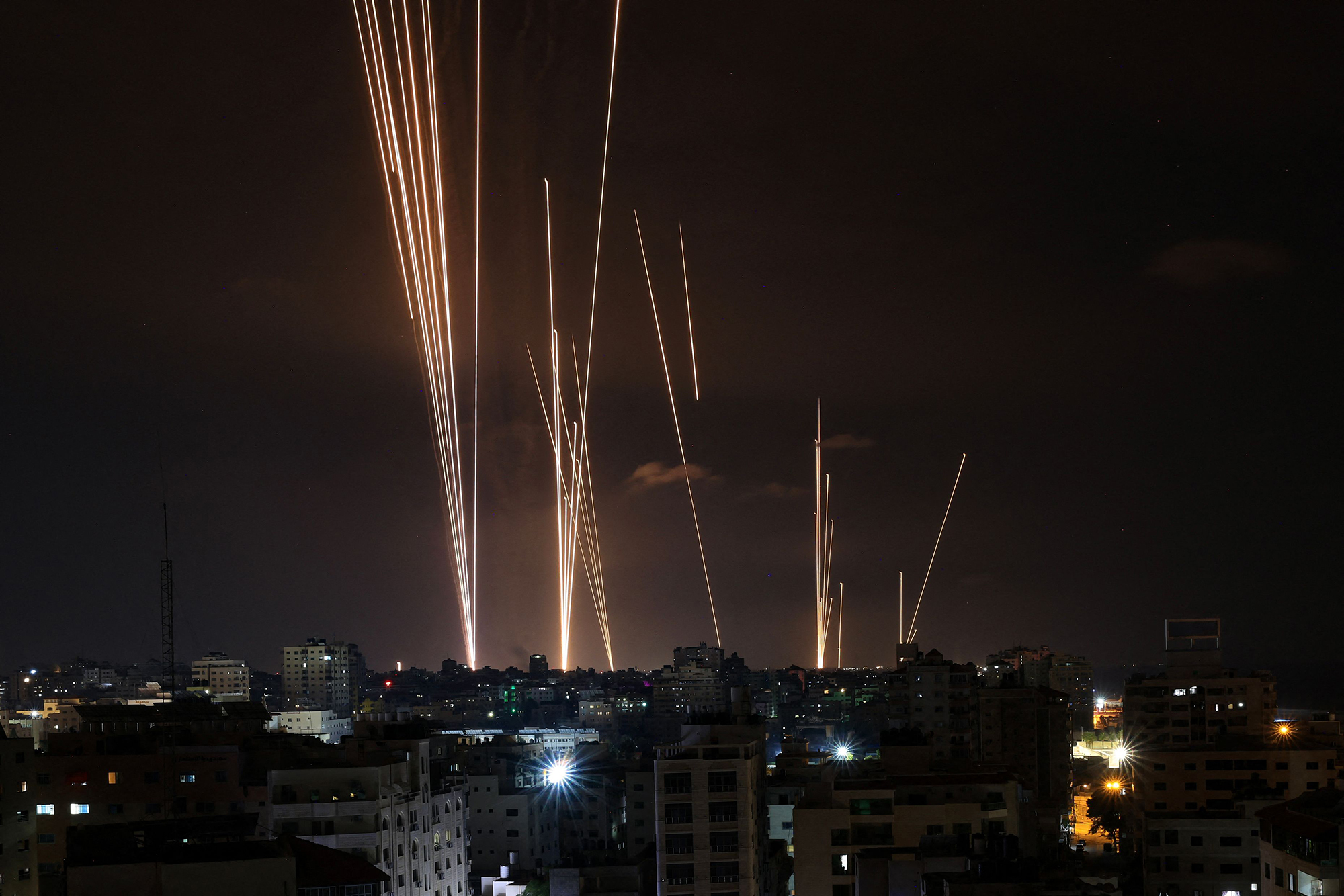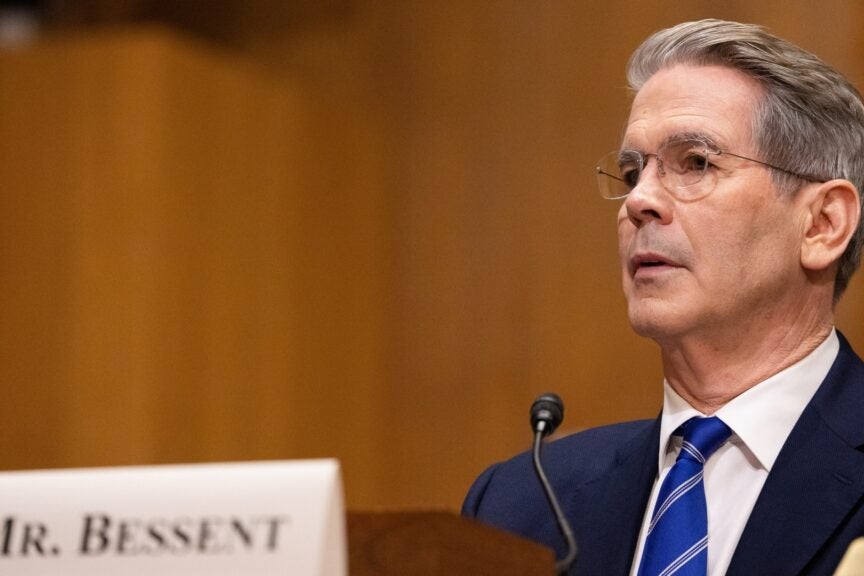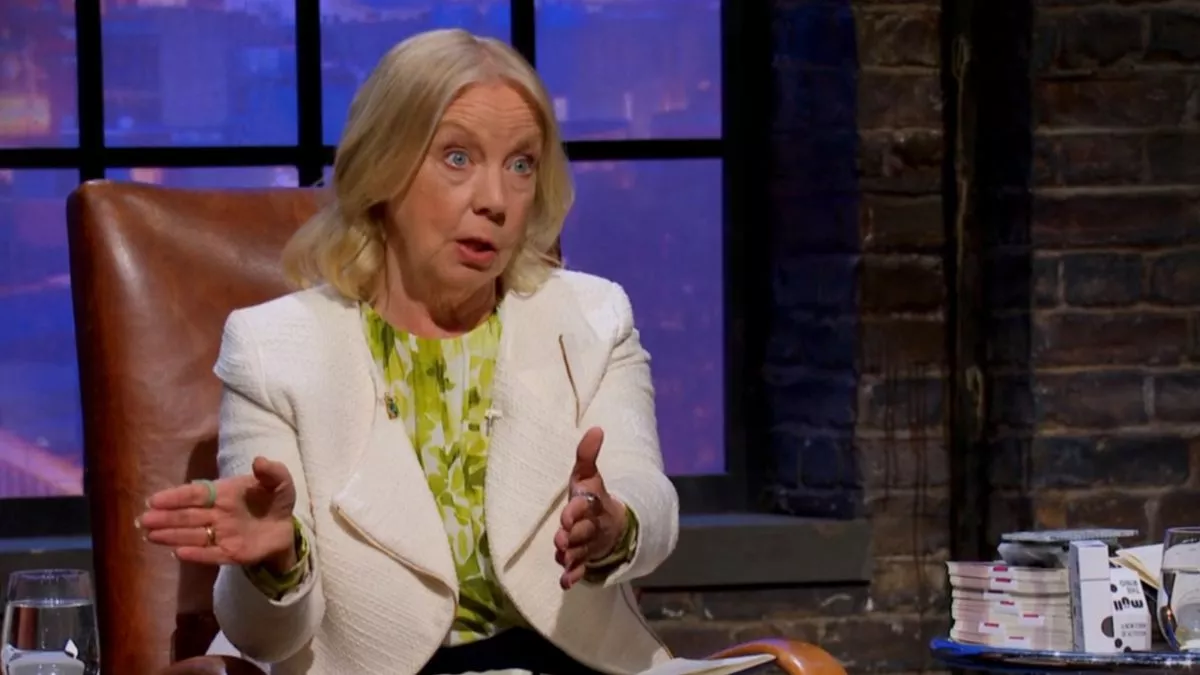Trump's Iran Policy: A Growing Threat To Israel's Security?

Table of Contents
Increased Iranian Regional Influence
Trump's withdrawal from the JCPOA emboldened Iran, allowing it to expand its regional influence. This is arguably one of the most significant consequences of the policy shift. The removal of international pressure created a vacuum that Iran quickly filled.
-
Increased Iranian support for proxy groups: Tehran significantly increased its support for proxy groups like Hezbollah in Lebanon, various militias in Syria, and the Houthis in Yemen. This enhanced their capabilities and destabilized these already volatile regions. The increased funding and arms supplies strengthened these proxies' ability to challenge regional powers and threaten Israel directly.
-
Expansion of Iranian military capabilities: Unburdened by the constraints of the JCPOA, Iran aggressively pursued advancements in its military capabilities. This includes significant progress in missile development and drone technology, posing a direct threat to Israel and regional stability. The development of precision-guided munitions is a particularly worrying trend for Israeli national security.
-
Weakened international pressure on Iran's nuclear program: The abandonment of the JCPOA weakened the international consensus on containing Iran's nuclear ambitions. This lack of a unified front allowed Iran to advance its nuclear program with less international scrutiny. The reduced effectiveness of sanctions also bolstered Iran's ability to pursue its nuclear agenda.
-
Potential for escalation in regional conflicts: The increased Iranian support for proxy groups and its expanded military capabilities have heightened the potential for regional escalation. This increased risk of conflict significantly impacts Israel's security calculations and necessitates a more proactive approach to defense.
Weakening of International Cooperation Against Iran
The unilateral nature of Trump's Iran policy fractured international alliances and weakened the collective effort to contain Iran's nuclear ambitions and destabilizing actions. This approach undermined years of diplomatic efforts aimed at preventing Iran from obtaining nuclear weapons.
-
Strained relationships with European allies: Trump's decision alienated key European allies who remained committed to the JCPOA. This strained relationship undermined the effectiveness of any future coordinated responses to Iranian actions. The lack of a unified front weakened diplomatic leverage against Iran.
-
Reduced effectiveness of international sanctions: While the Trump administration imposed its own sanctions, the lack of international cooperation limited their overall effectiveness. Iran found ways to circumvent the sanctions, diminishing their impact on the Iranian economy and its ability to fund destabilizing activities. This ultimately hampered the effectiveness of the "maximum pressure" strategy.
-
Increased difficulty in coordinating responses to Iranian aggression: The lack of a unified international approach made it more challenging to coordinate responses to Iranian aggression, whether it be attacks on shipping in the Strait of Hormuz or support for terrorist groups. This made Israel more vulnerable to Iranian actions.
-
Erosion of international norms regarding nuclear non-proliferation: The US withdrawal from the JCPOA sent a concerning message to other states with nuclear ambitions. The move cast doubt on the value of international agreements and undermined the global effort towards nuclear non-proliferation. This creates a wider security threat beyond the immediate Israeli context.
Impact on Israel's Military Strategy
Trump's policies forced Israel to reassess its security strategy in light of increased Iranian activity and reduced international support. This necessitated a more proactive and independent approach to dealing with the Iranian threat.
-
Increased reliance on independent military action: With less international cooperation, Israel has had to increasingly rely on independent military action against Iranian targets, both within Iran and in neighboring countries. This increases the risk of direct confrontation and escalation.
-
Greater risk of direct confrontation with Iran or its proxies: The heightened tensions and reduced international pressure have increased the risk of direct military confrontation between Israel and Iran or its proxies, such as Hezbollah. This increased risk necessitates heightened readiness and significant defense spending.
-
Heightened concern about Iranian nuclear capabilities: The progress in Iran's nuclear program has intensified Israel's concerns about the potential for Iran to acquire nuclear weapons. This uncertainty greatly affects Israel's long-term security planning.
-
Need for increased defense spending and enhanced intelligence gathering: To counter the increased threats, Israel has had to significantly increase its defense spending and enhance its intelligence gathering capabilities to monitor and preempt Iranian actions. This substantial investment highlights the significant burden placed on Israel's resources.
The Israeli Perspective on Trump's Iran Policy
The Israeli government's response to Trump's Iran policy was complex and evolved over time. Initially, there was cautious optimism about the "maximum pressure" campaign, but concerns grew as the limitations of the strategy became apparent.
-
Initial cautious optimism followed by growing concerns: The initial reaction was one of cautious optimism due to the tougher stance against Iran, but this soon shifted towards growing concerns regarding the lack of international cooperation and the potential for escalation.
-
Appreciation for the maximum pressure campaign but concerns over its limitations: While appreciating the effort to put pressure on Iran, Israel also recognized that the "maximum pressure" strategy alone was insufficient to curb Iran's nuclear ambitions and regional activities.
-
Emphasis on the need for a stronger military response to Iran: Israel consistently emphasized the need for a stronger military response if diplomatic efforts failed. This stance reflects the perceived limitations of non-military strategies against Iran's behavior.
-
Continued calls for international cooperation to counter Iran's nuclear ambitions: Despite the unilateral nature of Trump's policy, Israel consistently called for international cooperation to contain Iran's nuclear program. This highlights Israel's recognition of the importance of a multilateral approach.
Conclusion
Trump's Iran policy, while aiming to curb Iranian influence, arguably created new challenges to Israel's security. The withdrawal from the JCPOA, coupled with a "maximum pressure" approach, led to increased Iranian regional influence, weakened international cooperation against Iran, and forced Israel to adapt its security strategies. Understanding the complexities of Trump's Iran policy is crucial to analyzing the current state of regional tensions and predicting future developments. Further research and analysis of this complex issue are necessary for a deeper understanding of the long-term implications of Trump's Iran policy on Israeli security. Continue to engage with informed discussions surrounding Trump's Iran policy and its impact on global security.

Featured Posts
-
 Report Scott Bessents Verbal Attack On Elon Musk Within Trumps Hearing
May 31, 2025
Report Scott Bessents Verbal Attack On Elon Musk Within Trumps Hearing
May 31, 2025 -
 Rechtszaak Miley Cyrus Aanklacht Plagieren Bruno Mars Hit Wordt Vervolgd
May 31, 2025
Rechtszaak Miley Cyrus Aanklacht Plagieren Bruno Mars Hit Wordt Vervolgd
May 31, 2025 -
 Dragons Den Star Sees 40 Profit Increase
May 31, 2025
Dragons Den Star Sees 40 Profit Increase
May 31, 2025 -
 Blue Origin Postpones Launch Investigation Into Vehicle Subsystem
May 31, 2025
Blue Origin Postpones Launch Investigation Into Vehicle Subsystem
May 31, 2025 -
 Spain Blackout Investigation Iberdrolas Response And The Role Of The Grid
May 31, 2025
Spain Blackout Investigation Iberdrolas Response And The Role Of The Grid
May 31, 2025
